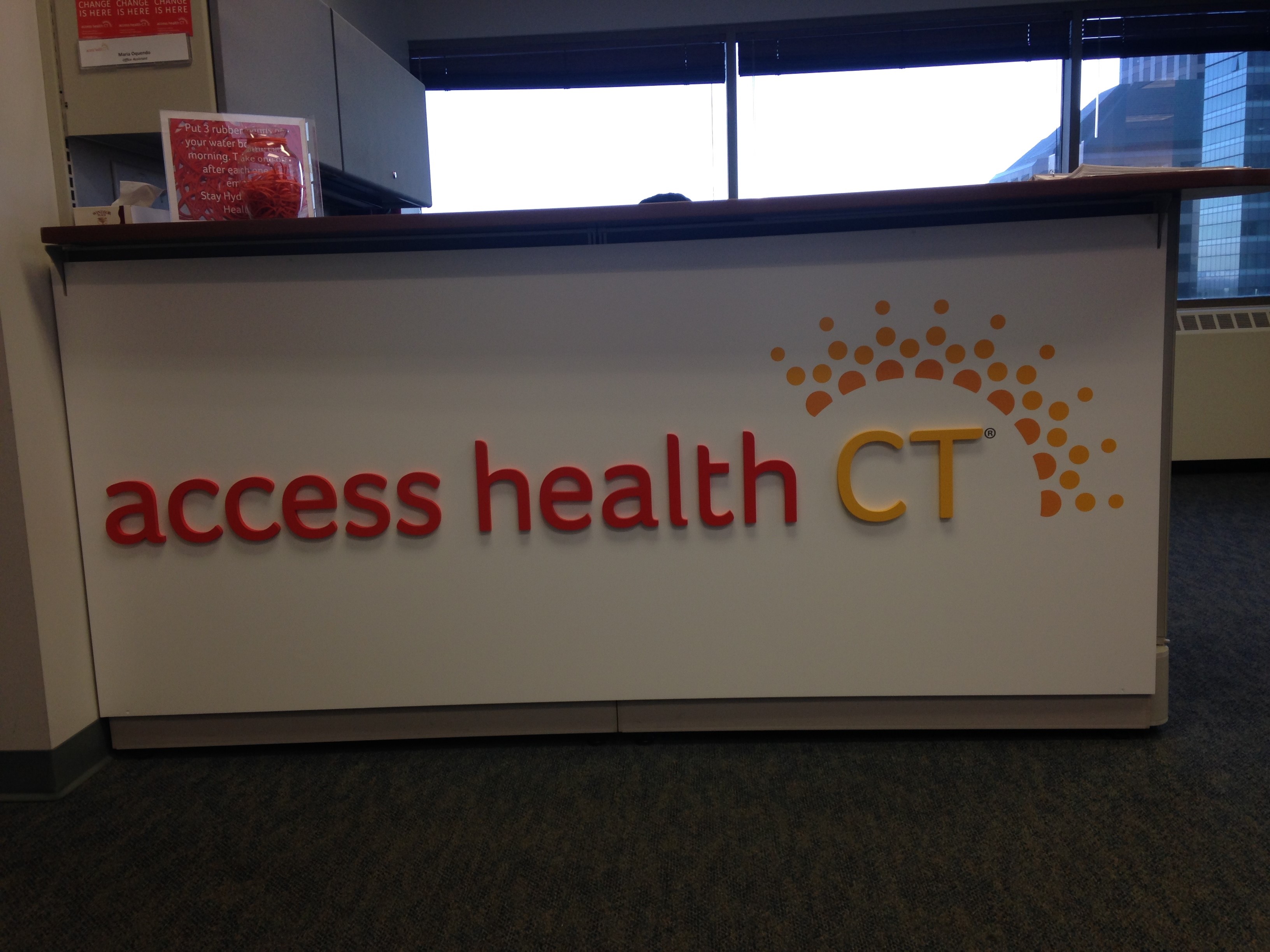Springing Forward, Falling Apart: The Hidden Health Risks of Daylight Saving Time

The Hidden Health Risks of Daylight Saving Time: More Than Just an Inconvenience
That seemingly innocent one-hour time shift during daylight saving time isn't just a minor annoyance—it's a potential health hazard with serious consequences. Scientific research reveals that this annual clock change can trigger a cascade of unexpected health and safety risks.
The Shocking Impact on Your Body
When we lose just a single hour of sleep, our bodies experience significant disruptions. Researchers have uncovered alarming connections between this time change and various health issues, including:
- Increased risk of heart attacks
- Higher rates of car accidents
- Metabolic changes that can contribute to weight gain
- Disruption of natural circadian rhythms
Protecting Yourself During the Time Transition
While you can't stop daylight saving time, you can minimize its negative effects with these proactive strategies:
- Maintain a consistent sleep schedule
- Practice good sleep hygiene
- Gradually adjust your sleep routine before the time change
- Expose yourself to natural light during the day
- Avoid caffeine and heavy meals close to bedtime
By understanding and preparing for these potential health risks, you can help your body adapt more smoothly to the time transition and protect your overall well-being.








